Ghoga Town in Gujarat, India has the distinction of having First Masjid in India
by Dr. A. S. Nakadar
A few months back, a Muslim gathering of the Middle Eastern countries had invited me to speak on India’s current situation. They had heard about the atrocities against Muslims and about attempts to subjugate Muslims in India. The audience had heard, seen, and listened to these on social media. They were also perplexed about the demonstrations in Shaheen Bagh in Delhi and across the country against India’s draconian CAA law.
To better understand the current situation, it was necessary to educate the audience about Islam’s history in India, from Muslims’ arrival in the early 7th century to the current status. And that Muslims have made outstanding contributions in religious, social, political, and science to the world. The audience gasped when I mentioned the Muslim population of over 120 million, the second-largest globally and is larger than the population of most Arab Countries combined.
Islam arrived in India in the early 7th century through maritime traders. This maritime trade between the Arabian Peninsula and India existed in the pre-Christian era. Islam was born in Hejaz (modern-day Saudi Arabia) in the late 6th century. Islam came to India in the early 7th century through maritime traders.
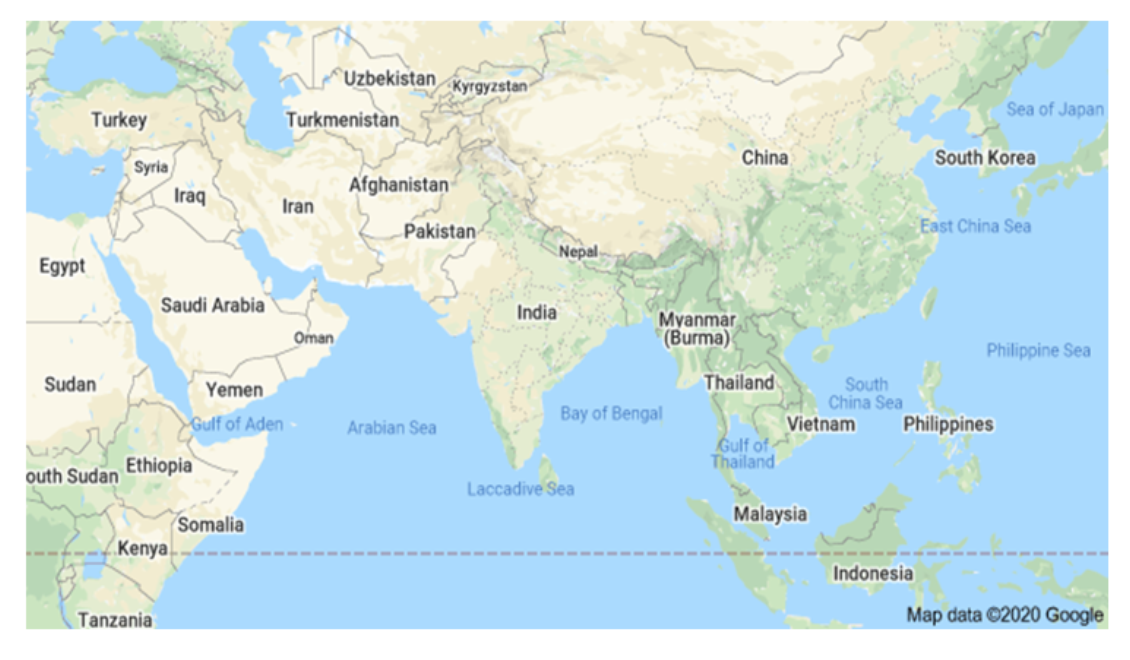
If one looks at the map, it becomes evident that the distance between the East Coast of the Arabian Peninsula and India’s West Coast on the Arabian sea is not an impassable space. The shortest distance between these two countries is the West Coast of Gujarat than India’s other coastline.
These traders in Dhows and Proas made it a dynamic interaction zone between peoples, cultures, and civilizations between these two countries.
During the research, I was astounded to find that the oldest and the first Masjid built in India was in Ghoga – Kathiawar-Gujarat (623-624 A. D.). And not the Cheraman Juma Masjid in Kerala (629 A. D.) as widely and commonly believed.
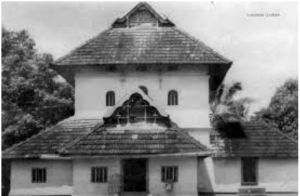
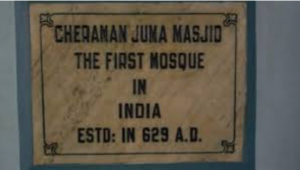
Ghoga was an essential historic port and a thriving trading center on the Arabian sea from the 5th Century C.E. until the development of Bhavnagar in the 19th century.
Ghoga is a census town with a population of 12208, according to 2011 India’s census. It is strategically located on the bay of Khambhat (Cambay) in the Kathiawar/Saurashtra region on Gujarat. It is about 122 Miles (196KM) from Ahmedabad-Gujarat.
Some Muslim Arab traders who landed at Ghoga around the early 7th century built a mosque around 624-625 A.D. It was the time when Qibla faced Masjid-E-Aqsa or Baitul Muqaddus-Jerusalem-instead of Kaaba Sharif in Mecca. Prophet Muhammed (PBUH) received “Wahi,” commanding him to change the Qibla from Jerusalem (in the North) to Mecca-(in the South) in around 624-625 A.D. This ancient Masjid, in Ghoga, locally known as the Barwada Masjid or the Juni (old) Masjid, still has its original Qibla facing Jerusalem.
Thus, this Masjid, therefore, predates the previously believed oldest Masjid, the Cheraman Juma Masjid in Kerala, built-in 628 -629A.D.with its Qibla facing Mecca as mandated at that time. It is further collaborated by its inscriptions in Old Arabic on its Mihrab.
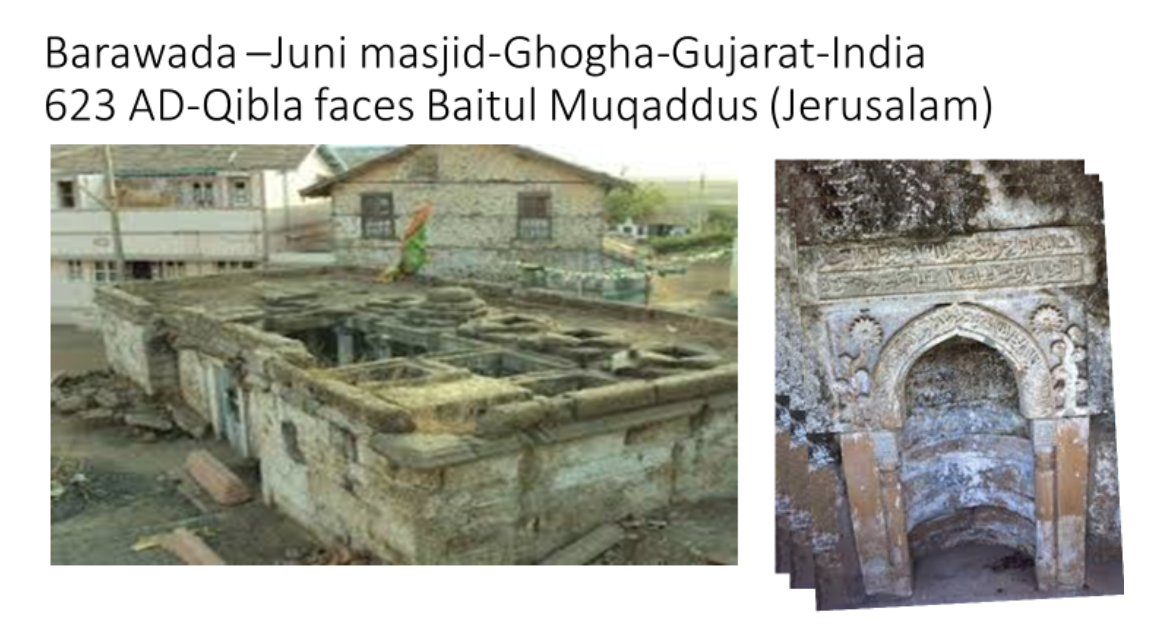
Since the Qibla is facing Jerusalem, later, the Muslims abandoned the Masjid, and thus the Masjid remains dilapidated. What is surprising is the unawareness, neglect, and abandonment of such a significant Islamic monument, especially by those interested in early Islamic history.
Even before recognizing this oldest-first built Ghoga Masjid in India, the American Federation of Muslims of Indian Origin (AFMI) was concerned about the documentation and preservation of these Islamic heritages. About a year ago, they formed a committee to evaluate and preserve all Islamic heritages in India to be kept in the digital format. AFMI also approved payment of fees, stipends, miscellaneous, and other expenses of these students interested in doing Ph. D. They will work under the guidance and direction of an Islamic AFMI scholar.
I also request India’s intellectuals, especially archeologists and those interested in preserving such a significant Islamic monument, reflecting early Islamic history in India.
Preserving and restoring old buildings is also essential because those ancient monuments reflect our history. They help us to understand and respect people who lived in different eras with different habits and traditions.
AFMI invites all interested people to come and join hands in these noble projects. If you are interested, please send the information at info.@afmi.org






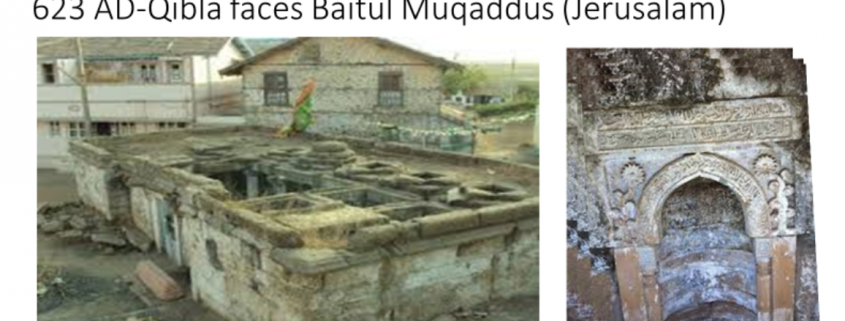
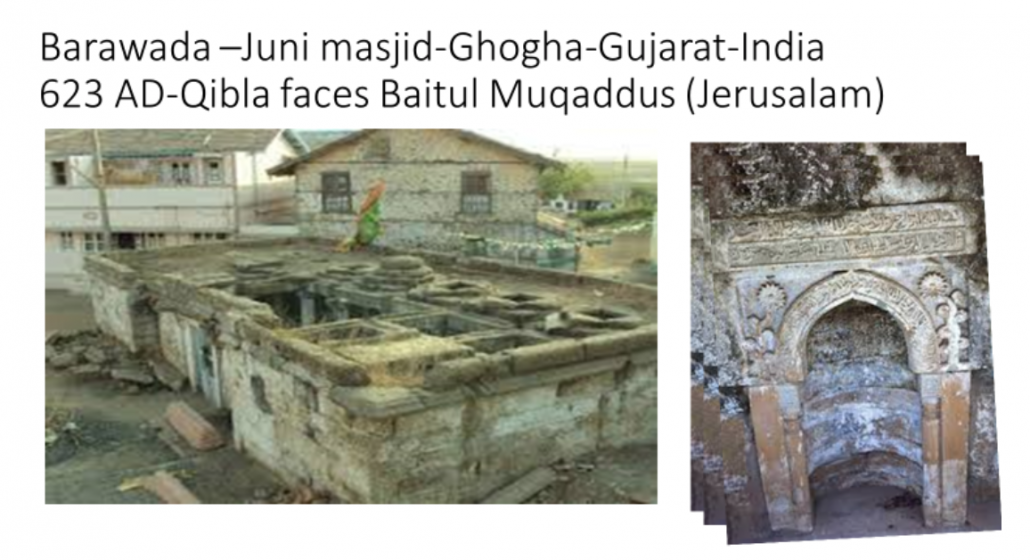



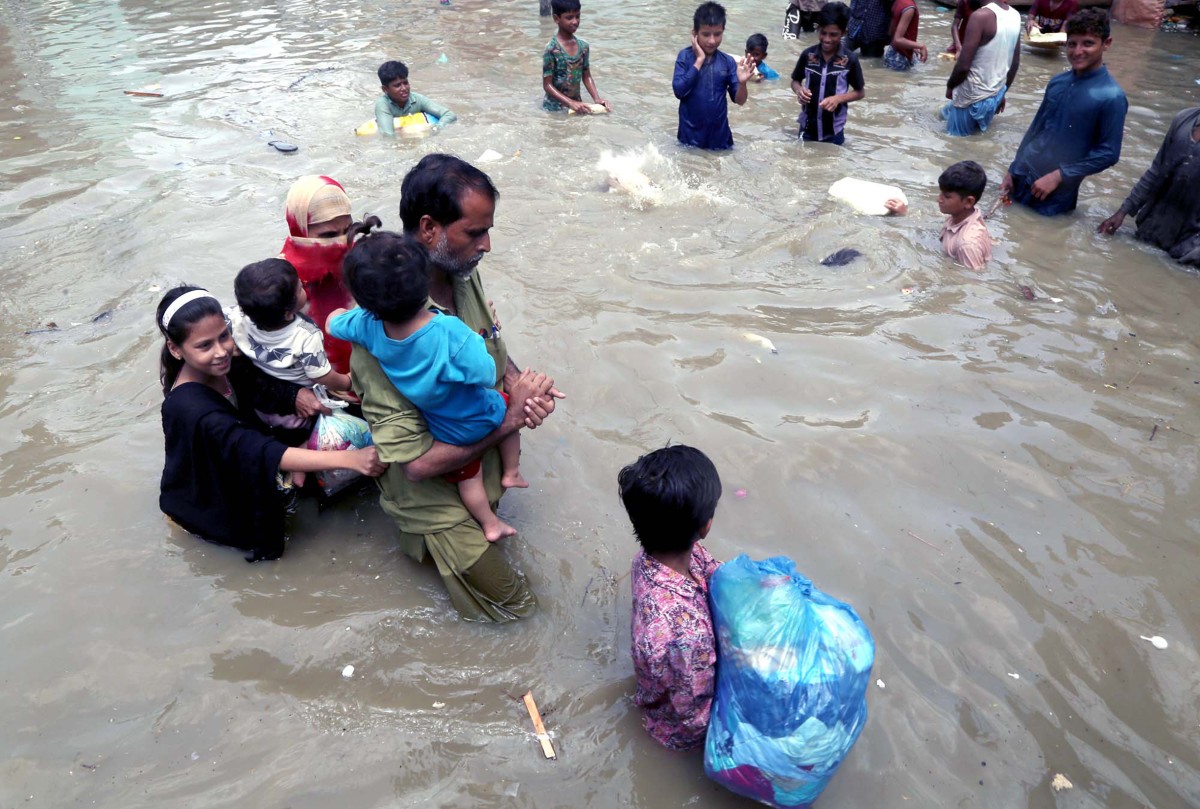

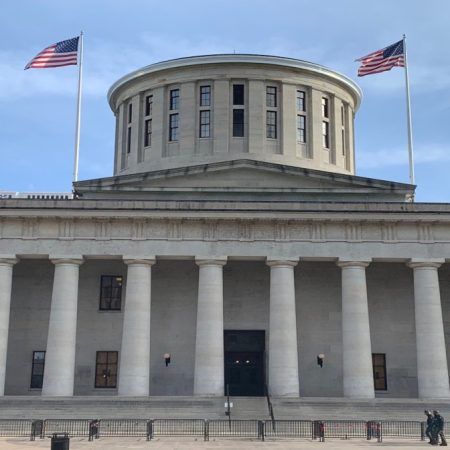







2021
6,456 views
views
0
comments